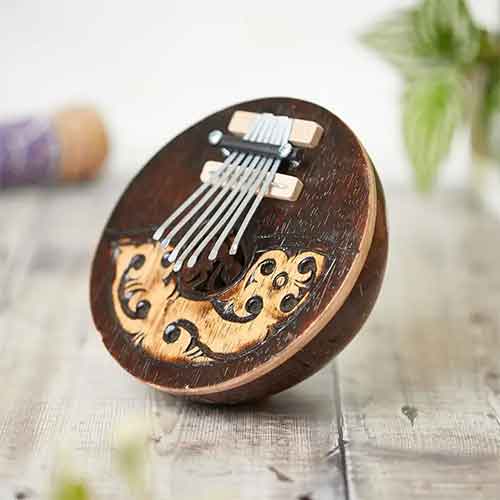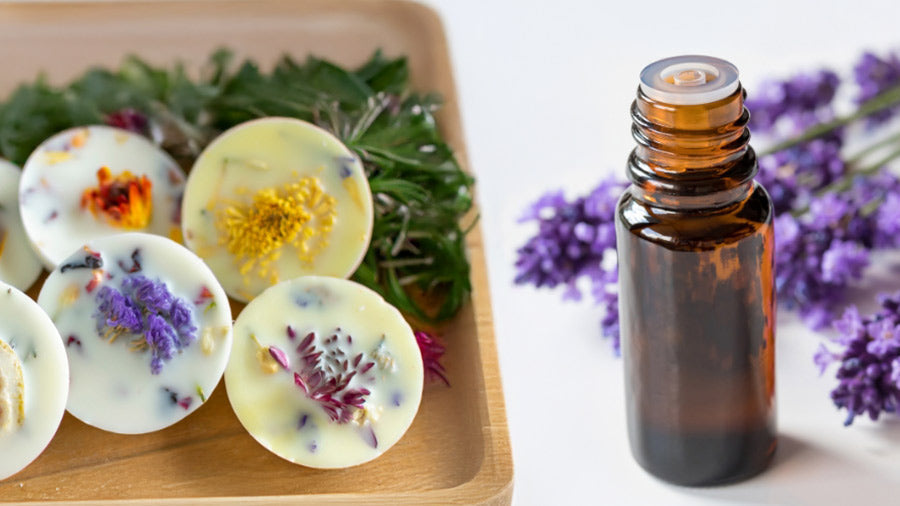Gong baths have gained popularity in recent years as a holistic healing practice, known for their ability to induce deep relaxation and promote overall well-being. However, like any other therapy or practice, gong baths may not be suitable for everyone. In this blog post, we will explore some of the potential negative effects that individuals may experience during or after a gong bath session.

1. Overstimulation
While gong baths are designed to create soothing vibrations, some individuals may find the experience overwhelming or overstimulating. The loud and intense sounds produced by the gongs may trigger anxiety or discomfort in sensitive individuals, leading to a negative experience.
2. Physical Discomfort
The vibrations generated by gongs can be felt throughout the body, and although this is often relaxing, it can also cause physical discomfort for some individuals. People with certain medical conditions or musculoskeletal issues may find the vibrations aggravating or painful.
3. Emotional Release
Gong baths have the potential to bring up suppressed emotions and memories, which may be overwhelming for some individuals. While emotional release can be a positive aspect of healing, it can also be challenging and require proper support.
4. Sensory Sensitivity
Individuals with sensory sensitivities, such as those with autism spectrum disorders or hypersensitivity, may find the loud sounds and intense vibrations of a gong bath overwhelming. It is essential to consider individual needs and preferences before participating in such sessions.
5. Headaches or Dizziness
In rare cases, the intensity of the gong sounds and vibrations can trigger headaches or dizziness in individuals who are susceptible to these conditions. It is crucial to listen to your body and discontinue the session if any discomfort arises.
6. Unresolved Trauma
For individuals with unresolved trauma or PTSD, gong baths may inadvertently trigger traumatic memories or flashbacks. It is important to approach such therapies with caution and seek professional guidance if needed.
7. Disrupting Sleep Patterns
While gong baths are often associated with improved sleep, some individuals may find that the intense experience disrupts their sleep patterns. It is advisable to schedule gong bath sessions earlier in the day to allow for ample relaxation and unwinding time before bedtime. While gong baths offer numerous benefits for many individuals, it is essential to acknowledge that they may not be suitable for everyone.
8. The Gong is a Powerful Instrument

The gong is an ancient instrument with a rich history of use in various cultures for spiritual, ceremonial, and healing purposes. Its deep, resonant tones can profoundly affect our physical and energetic bodies. During a gong bath, participants lie down comfortably on mats or blankets, close their eyes, and immerse themselves in the vibrations and sounds of the gong. The gong master, a trained practitioner, plays the gong using various techniques and rhythms, creating a symphony of harmonics and frequencies.
Many people find gong baths deeply relaxing and transformative; however, the intense sounds and vibrations may not be suitable for everyone. Some individuals, particularly those sensitive to loud noises or with specific medical conditions, might experience discomfort or overstimulation. It's important to approach gong baths with mindfulness, consult a healthcare provider if you have concerns, and communicate any pre-existing conditions to a qualified practitioner. By understanding the potential negative effects and prioritizing your well-being, you can ensure a safe and positive gong bath experience while tailoring the practice to your individual needs.
Frequently Asked Questions
How much does a gong bath cost?
The cost of a gong bath in the UK can vary depending on several factors, such as the location, duration of the session, and the expertise of the facilitator. In-person sessions typically range from £10 to £30, with some specialized sessions or workshops costing higher. Online options can be more affordable, ranging from £4 to £15. It's advisable to research prices in your area or explore online options to find a gong bath experience that fits within your budget. Remember to prioritize your well-being and choose a reputable facilitator.
Are Gong Baths Safe During Pregnancy?
Gong baths can be a relaxing and stress-reducing practice for pregnant women, offering benefits such as deep relaxation, emotional balance, and bonding with the baby. However, there are potential risks, including physical discomfort from lying down for long periods, sensory sensitivities to the vibrations, and heightened sensitivity to stimuli due to pregnancy hormones. Some women may also experience headaches, dizziness, or emotional release, which could trigger unresolved trauma. It’s important for pregnant women to listen to their bodies, communicate any discomfort, and consult with a healthcare provider if any adverse symptoms arise.
Where did gong baths originate?
Gong baths have their roots in ancient civilizations, particularly in Asia. Historically, gongs were used in rituals, ceremonies, and meditation practices to induce a deep state of relaxation and healing. Today, this ancient tradition has found its place in modern society as a powerful tool for stress reduction and spiritual awakening.
What Happens During a Gong Bath?
During a gong bath, participants lie down comfortably on yoga mats or blankets, often with their eyes closed. The gong master, or sound healer, plays a variety of gongs, each producing a distinct sound and vibration. The resonating sound waves produced by the gongs envelop the entire space, creating a soundscape that penetrates the body, mind, and soul.
What are the health benefits of gong baths?
Gong baths offer a variety of health benefits by inducing deep relaxation, reducing stress and anxiety, and calming the nervous system. They enhance meditation by helping individuals reach a more profound state of focus and tranquility, and promote better sleep by creating a soothing environment. The vibrations from the gongs also support physical healing by improving circulation and alleviating muscle tension, while facilitating emotional release and self-awareness. Additionally, gong baths stimulate creativity and spiritual growth, aiding in personal development and a deeper connection with one's inner self and higher consciousness.
Is a gong bath and sound bath the same thing?
Gong baths are also known as a sound bath but contrary to belief, there is a slight difference. Whilst both of these practises are intended for the same purpose, sound baths involve a variety of sound healing instruments whereas gong bath focuses specifically on the use of gongs.
Up Next: What is a Sound Bath?












